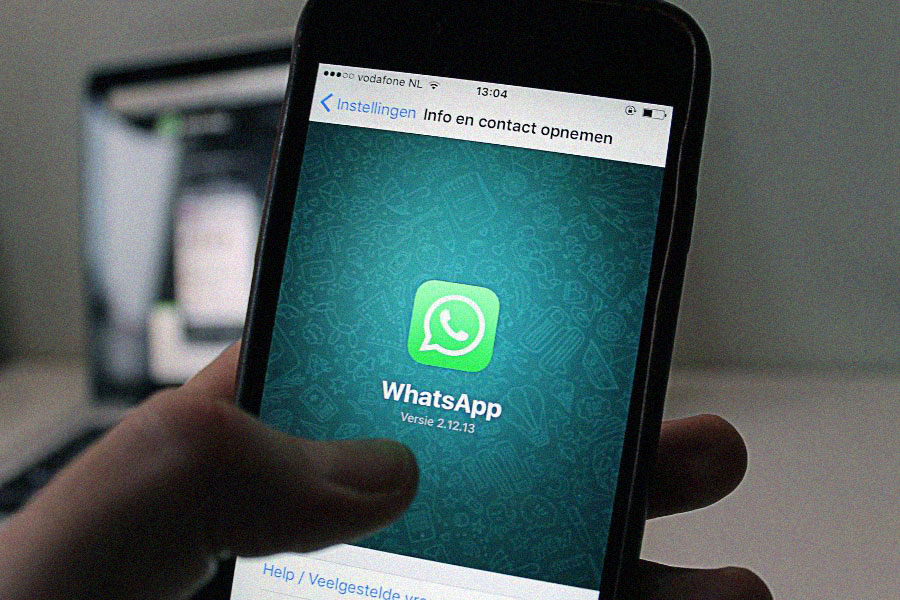Have you ever had to cut someone out of your life? Deciding to end a friendship or say goodbye to someone you once cared about is tough. But sometimes, it hits a breaking point where you know it’s the healthy choice.

When you choose to cut toxic people or relationships out for good, there’s often more going on under the surface than you might guess. The psychology behind cutting someone off involves protecting yourself and setting boundaries.
This article explores the thought process behind the decision to cut ties and tips for coping with cutting someone off.
When is it time to let go of unhealthy relationships? Why do we feel guilty afterward? We can positively handle this situation by understanding what drives us to cut people off.
Reasons For Cutting Someone Off
1. Toxic/Abusive Behavior: When Is It Time to Cut Someone Off?
There comes a point when you have to decide to cut toxic relationships out of your life. If someone treats you like a doormat, regularly interrupts conversations, or makes you feel bad about yourself, it’s time to cut them off without guilt.
Watching someone gaslight and harm you takes a toll. At some point, you have to decide to let someone go, even if they play the victim or guilt trip you. Your mental health has to come first.
2. Values/Priorities No Longer Align: Letting Someone Go So You Can Both Grow
As you transform your life into something new, there’s only so much energy left to try and help people find their way if they aren’t ready yet. Reasons why it’s healthy to let someone go include realizing your priorities or values no longer align.
Just like wearing sunglasses you never take off can distort your view, spending time with people who don’t treat you well can emotionally cloud your judgment. It’s time to cut things off, find your tribe, and make room for relationships where you can thrive.
3. Unrequited Romantic Interest: Freeing Yourself to Seek Mutuality
Few things hurt more than having feelings for someone that aren’t reciprocated. Some find it hard to let go because they think they can change the other person’s mind.
But if somebody treats you like an option instead of a priority, the psychology is clear – your self-worth should cut them off.
Watching someone you care for deeply invest in new partners while you pine is no way to live. As painful as it is, cutting ties frees you up to find someone who wants you as much as you want them.
4. Constant Negativity: Limiting an Emotional Drain
We all go through tough times, but some people get stuck in a pit of pessimism that drags everyone around down with them.
Venting is one thing, but constantly being negative affects your mental health. If you have a friend who only complains, criticizes, or interrupts positivity with their cynical commentary, it may be best for both parties to cut contact.
You can’t necessarily help them shift their mindset until they want to change. You can, however, limit how much of an emotional drain their Debbie Downer outlook is on you.
5. Boundary Violations: Reclaiming Your Right to Set Limits
One of the most freeing reasons to cut someone off is when they repeatedly ignore requests to respect your boundaries.
We all have different comfort levels, from how available we want to be by text to how much sarcasm we can handle.
If you tell someone a behavior that bothers you, and they do it anyway, that’s a red flag. It shows a lack of care for your feelings.
If you’ve tried to communicate openly and they won’t budge, it’s a sign to cut them off. Preserving your right to set limits on how people treat you is essential.
Don’t let someone make you feel wrong about needing space or setting rules – do what’s best for your peace of mind.
Coping With Cutting Someone Off
The Painful Emotions: Taking the High Road When Emotions Run High
Ending a relationship or cutting a person from your life can stir up profound and painful emotions. When deciding to let someone go, allow yourself to grieve.
The sadness, anger, or guilt you feel shows the depth of your ability to care. Though it may not seem so, taking the high road by reacting with grace and empathy does more to bring out the best in the other person over time. If the door has closed for good, focus on opening doors to new opportunities instead.
Self-Care Strategies: Back Control of Your Life Through Self-Compassion
When a relationship ends abruptly, we often blame ourselves, which merely compounds the pain. The truth is that others do not realize the impact of their actions.
You tried having an honest conversation and did what you could to try and help them find their way. Now, it is time to help yourself heal. Take back control of your life by compassionately nurturing your heart and mind.
Keep doing activities that comfort you, and lean on trusted people who care. Appreciate this time to redirect your energy inward towards personal growth.
Ways To Move Forward: Making Room for People & Activities that Help You Thrive
Although losing a relationship is often unavoidable and tricky, the now wide-open space in your life is waiting for people and activities to help you thrive.
Once you have grieved the loss and shown yourself self-compassion, you can take small steps forward each day.
Gradually focus your energy on fostering new relationships and meaningful causes. Pursue personal growth through classes, books, or experiences that excite your soul.
If you find negative thoughts creeping in, remind yourself that removing toxic energy from your inner circle makes room for positivity. Trust that this choice protects your emotional well-being and propels your life in a healthier direction.
Final Thoughts
Deciding to cut someone off without explanation is messy and painful but sometimes necessary. When toxic behavior threatens a healthy relationship, we must decide to remove certain people from our lives – even if it hurts.
The complex psychology of cutting someone off stems from our need to honor boundaries and seek meaning in connections.
Others do not realize the full impact of their actions. While you cannot force people to find their way, you can open the door to new possibilities for yourself.
This starts by believing you deserve to be treated with compassion. Gradually, the sting will subside. In its place, gratitude and wonder will emerge from learning to love those who remain by your side.
Surround yourself with people who help you become the best version of yourself. This clarity and self-awareness is the silver lining that makes the pain of loss worthwhile.




